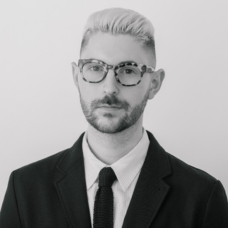Now is the time for public health. The emergence of Covid-19 is the most obvious reason for renewed attention to the special skills and knowledge of public health workers. But it’s now clearer than ever that the health of millions of people in this country is worsened by poverty, racism, gender inequity, chronic diseases, domestic violence, guns, and natural disasters related to climate change.
At Public Health Post (PHP), we’re calling this week PHP5 to celebrate five years of uncomfortable conversations about the public’s health that we hope we have generated. Our print articles and accompanying podcast, PHPod, educate and entertain tens of thousands of readers and listeners around the world each month. PHP has allowed policymakers, journalists, clinicians, community-based health workers, academics, and graduate students to join and drive the national dialogue on health.
“We hope PHP feels like a good dinner party,” we announced in the first PHP article published on October 29, 2016. “We will introduce you to interesting people and provocative ideas. We hope you will laugh and be inspired. We expect that you won’t agree with everything you read.”
As we reflect and celebrate PHP5, we hope you will continue the conversation with us: pitch ideas, subscribe, click, like, argue with us, retweet, even write for us.
Each week, more our newsletter subscribers continue to meet these interesting people, like Ibram X. Kendi and Sarah Kliff. Each year, more than eight million unique users on social media have engaged with these provocative ideas, like the Monthly Shaming of Women in State Prisons and Arguments, Evidence, and Abortion Policy. Thousands more are listening to PHPod, the podcast we introduced in January, where they have heard public health influencers speak on topics from opioids to white supremacy to HIV to Covid-19.
Seventeen graduate student writing fellows have been central to the work of PHP and our social media outreach. Through a year-long, intensive writing apprenticeship, these fellows research and write powerful stories on population health. Trained as the next generation of public health leaders, they leave BUSPH and go on to serve at universities and nonprofits, in the public and private sector. Together, they have published hundreds of pieces on a range of contemporary topics in public health – from violence and technology to religion and sex.
As we reflect and celebrate PHP5, we hope you will continue the conversation with us: pitch ideas, subscribe, click, like, argue with us, retweet, even write for us. In this era of fake news and misinformation, of pandemics and plandemics, your voice is welcome. It puts the public in public health.
Photo via Getty Images
















